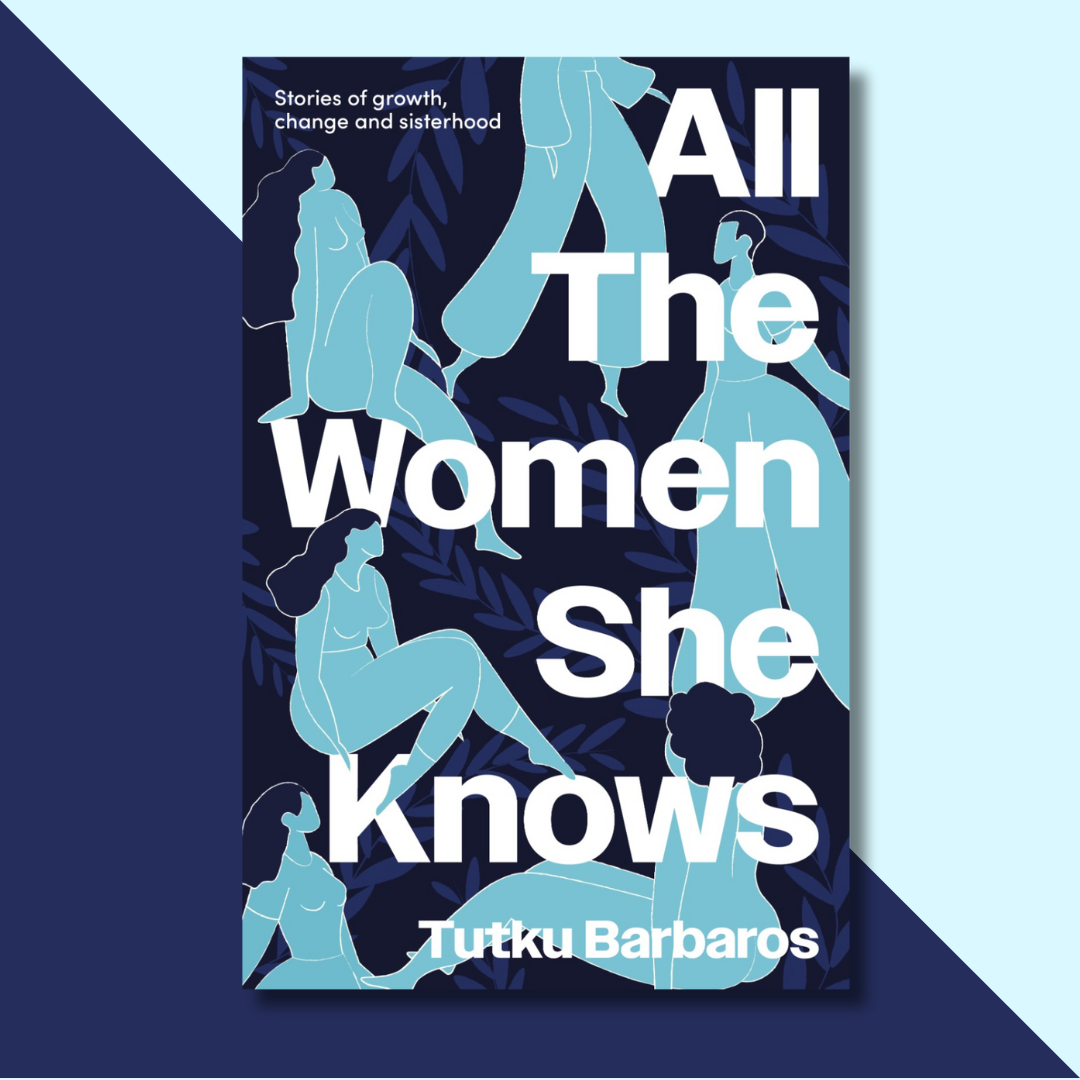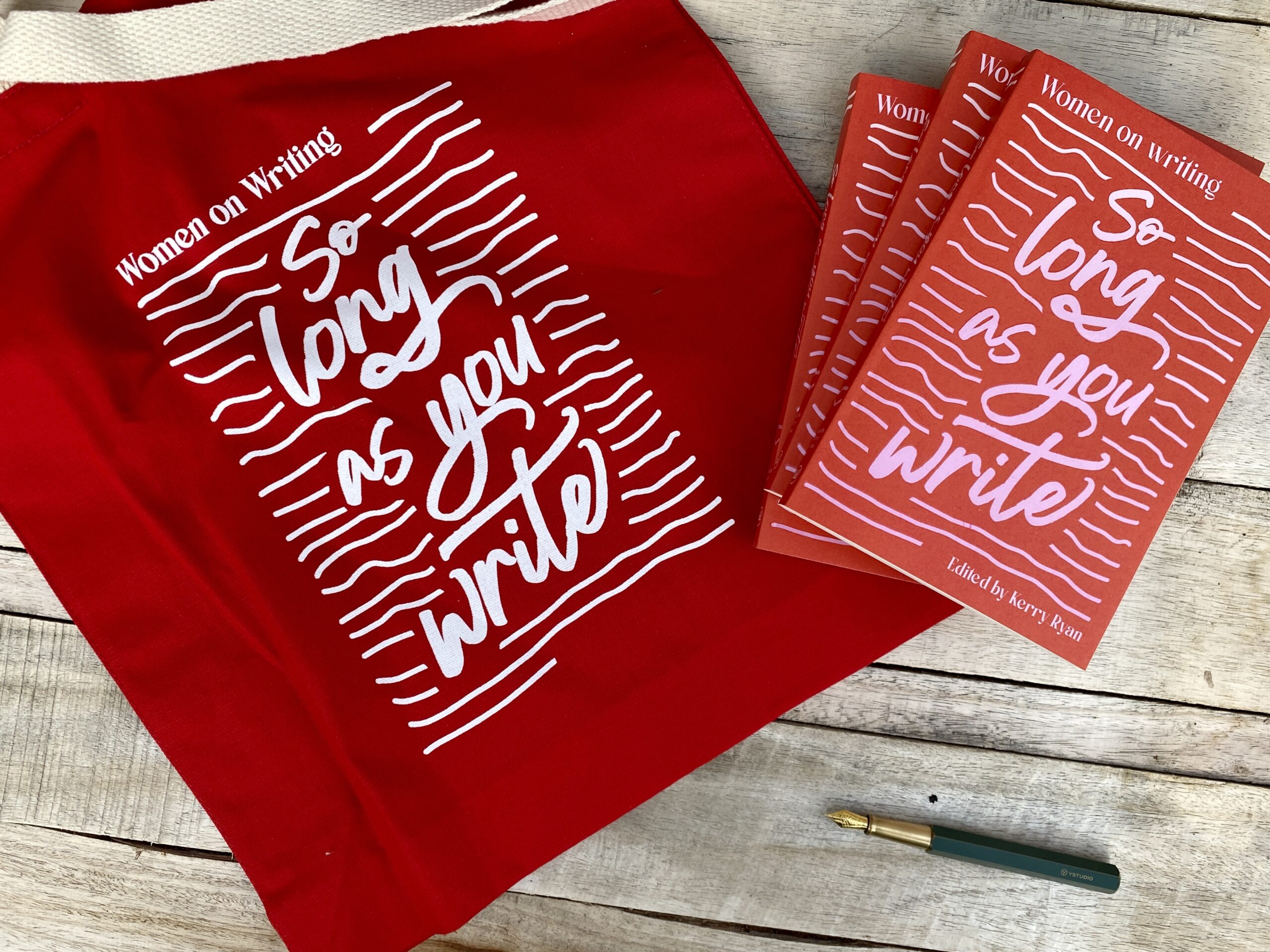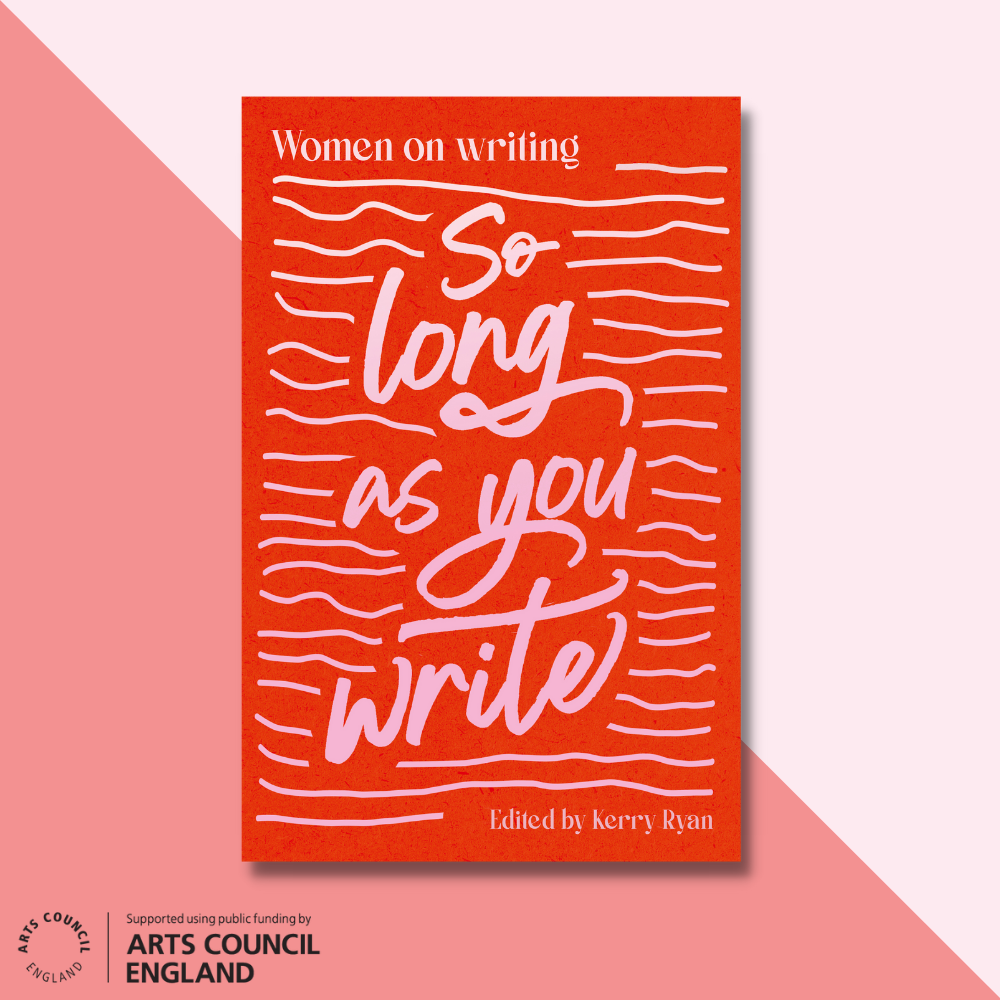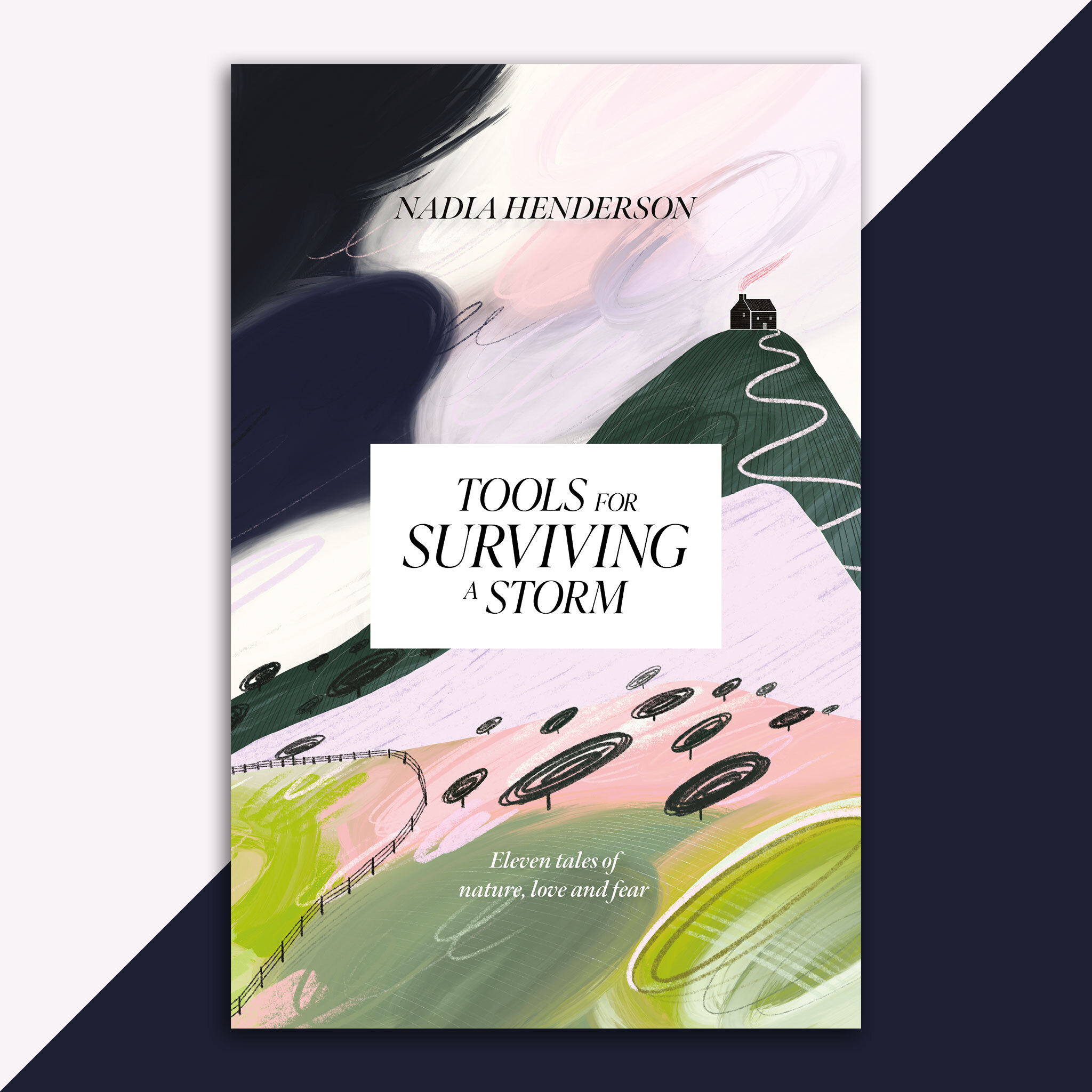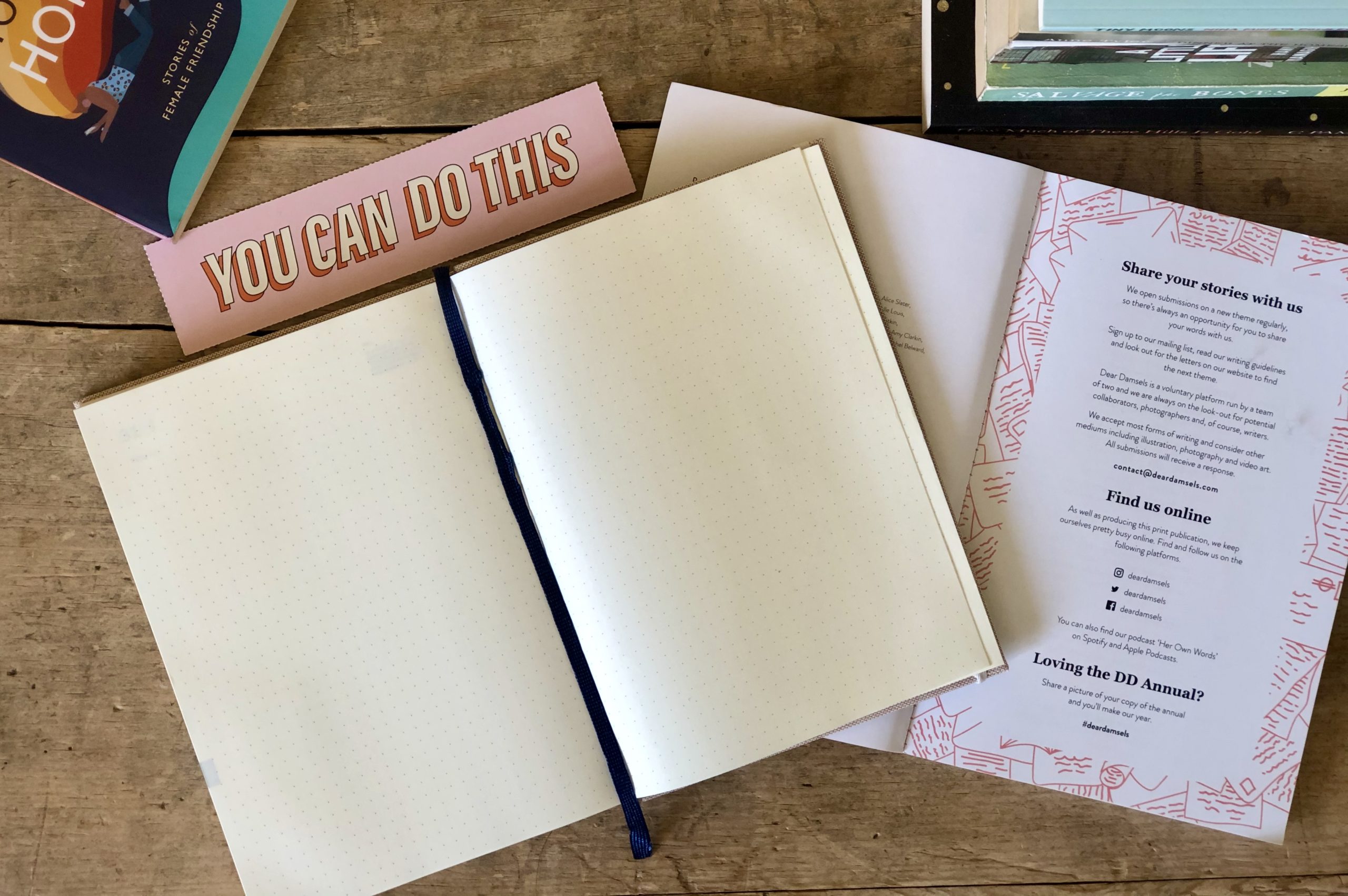Storytelling in F Minor
by Yen-Rong Wong
I stopped taking piano lessons when I was 12. By then, I had begun fudging my scales, playing other pieces I thought were more interesting than the ones I actually had to practise. I had grown sick of it, and I had better things to do with that hour than sit in front of a piano and pretend to play something so as to appease my parents.
I had come across many pieces along the way, but one in particular has stuck with me, probably because it was the last piece I fully committed to memory: Chopin’s Nocturne, Number 15, in F minor. Now, nearly ten years later, I can still remember most of it, even if some of the bridging passages are a little hazy. It was, and still is, one of my favourite pieces for solo piano. It shouldn’t have been, though – the odds were stacked against it. It was written in a minor key, and one with flats, no less. It was a piece full of nuance, not that I knew it at the time. I was too young. I didn’t know any better.
The copy I played from had five pages. I can see them now, scored up with pencil markings and directives, circled and circled, sometimes with an exclamation mark for extra effect. My sister and I shared piano music, but considering I was the only one who had ever played a nocturne, I thought of that book as my own. The cover was beige, and it had a coarse kind of texture to it. The introductory pages were filled with a combination of Chinese and English, pages I never really bothered to read because they didn’t seem to matter. The other nocturnes were pristine, free of marks, and the stark black notes sprung off the page, yearning for attention I didn’t have time to give.
“There is no right or wrong, no good or bad. Just you, and the notes, and the story they are telling for you.”
I have always found it difficult to explain my love for classical music – it’s as if words do not, and cannot give it the justice it deserves. It is a beauty that affects the heart, and does so with everyone in a particularly unique way. It makes me smile, it calms me down, and it makes me happy. There are no words or lyrics to misinterpret or overanalyse. Just music, pure and simple.
There are parts of me that wonder where I would be, what I would be doing, if I hadn’t given it up. I know I would have been good, but I would have never been great. I wouldn’t have put in the hours, and I wouldn’t have had the passion. I know there is little sense in looking back, but sometimes I just can’t help it.
Yet I know I would be a different person if I hadn’t started playing piano, if I hadn’t discovered Chopin, or Bach, or my beloved composers from the Romantic era. Studies have been conducted left, right and centre regarding the benefits of classical music on children – whether it be listening to it, or learning to play an instrument. It increases creativity, cognitive function, they say. These are important, yes, but at the heart of classical music is a desperate, brave attempt to paint a picture of the human condition. There is no right or wrong, no good or bad. Just you, and the notes, and the story they are telling for you.
I lost my copy of the Nocturnes about a year after I stopped playing. It’s probably floating around my old high school somewhere, or someone may have taken it home, markings and all.
But that’s all right. I have other pieces, other stories. Others, even, in F minor.
Yen-Rong Wong | @inexorablist | www.inexorablist.com
Yen-Rong is a Brisbanite who is currently a third of the way through her Honours thesis. She prefers to write by hand, drinks a lot of tea and spends an inordinate amount of time making sure her cat doesn’t totally ruin her couch. You can find her on Twitter @inexorablist, or at her website www.inexorablist.com.
